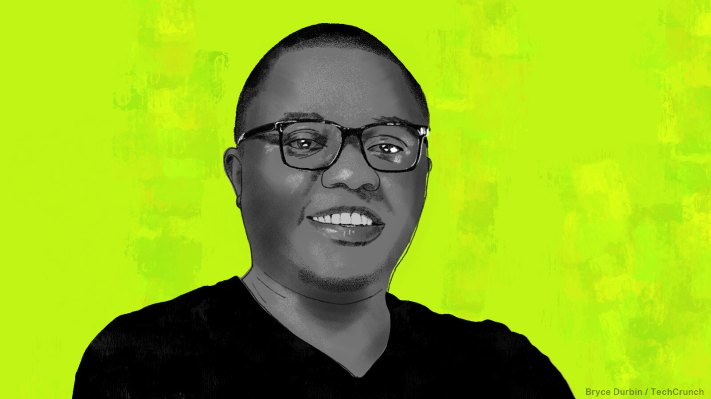
In sub-Saharan Africa, only 33% of the urban population has access to public transportation, compared to 75% in Europe and North America, according to UN statistics. That means that most of the continent faces challenges chasing new job opportunities, going to school, accessing healthcare and just having a night on the town.
This lack of access to transportation is in stark contrast to other upward metrics on the African continent, like its growing access to equitable education and healthcare. In fact, Africa has the largest return on education of any continent, with each year of schooling raising earnings by 11% for boys and 14% for girls. The combination of an increasingly educated workforce and still-sucky public transportation means the way people move is ripe for disruption. Treepz, the Nigerian startup that’s scaling its bus-hailing service across the continent, might be one of the main drivers of that disruption.
“We can’t continue to complain about the downturn. I’d say it’s helping us become sturdier.” Treepz CEO Onyeka Akumah
Since Treepz, formerly Plentywaka, was founded in 2019 in Lagos, the startup has expanded west into Ghana and east into Uganda. Co-founder and CEO Onyeka Akumah said those locations will serve as launchpads for further expansion across the sub-Saharan region.
We caught up with Akumah, whom we first interviewed a year ago, to check in on Treepz’s progress and discuss why a conservative funding environment makes for better business, how the African startup scene is maturing, and what it takes to succeed in transportation technology.
The following interview, part of an ongoing series with founders who are building transportation companies, has been edited for length and clarity.
TechCrunch: You last closed a $2.8 million seed round in November. I’m assuming you’re currently raising for your Series A. How are you finding the funding environment amid the economic downturn?
Onyeka Akumah: We are preparing to raise our Series A, and we already have some interest. Some of our current investors want to invest, but they’re waiting for us to go to market. We were about to go to market before the downturn in the economy hit.
The funding environment has changed, certainly, with the downturn. The funding cycle used to be around six months for a round to pull through, and now we’re seeing it take 12 to 18 months to close. You’re seeing investors make a lot more time for due diligence.
Credit: Source link


Comments are closed.